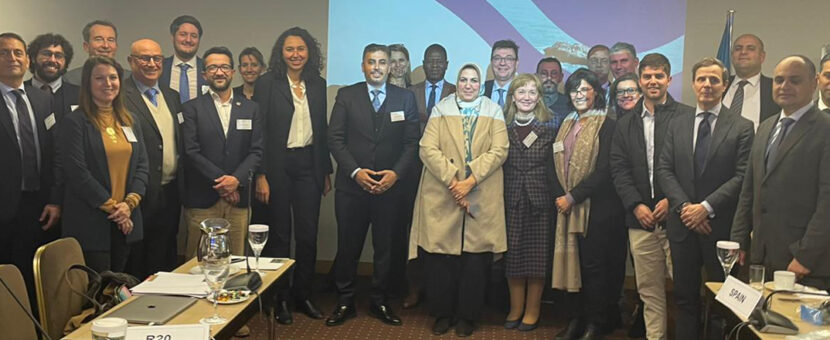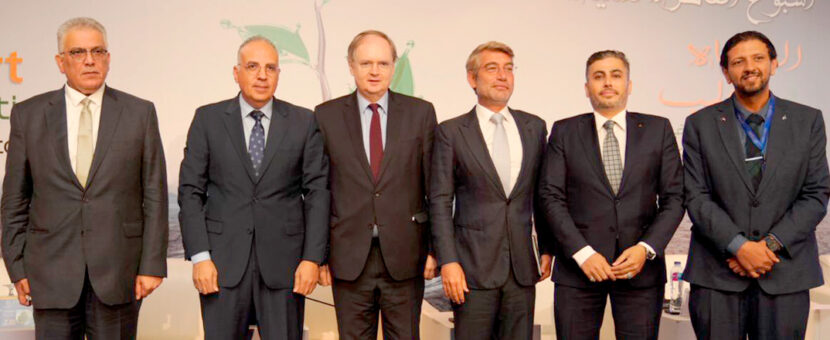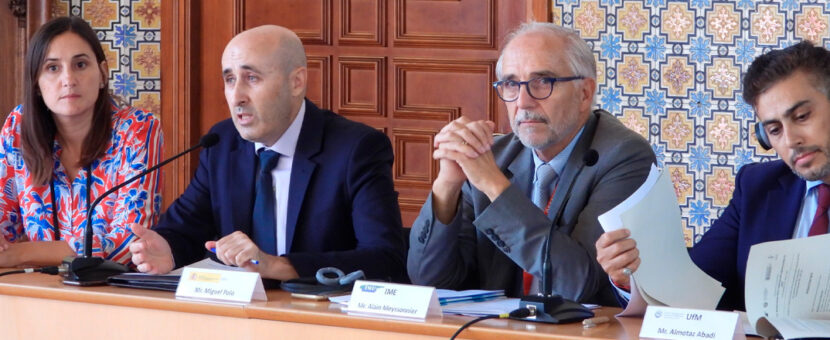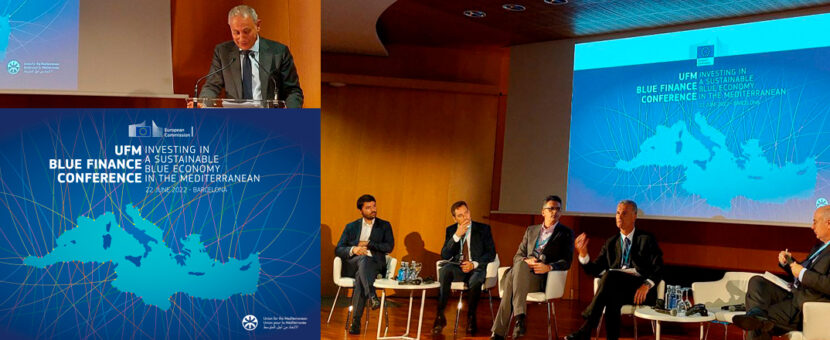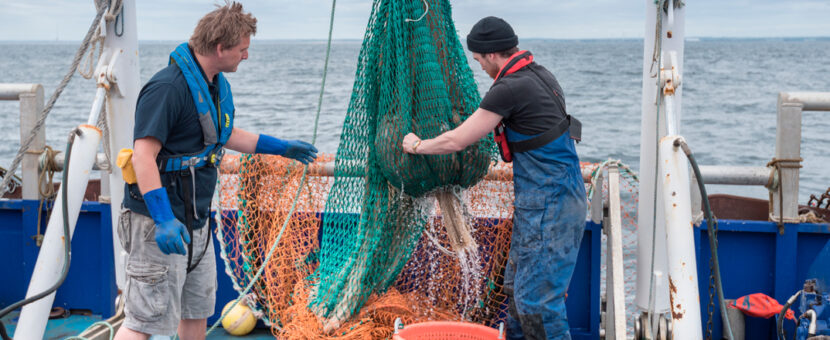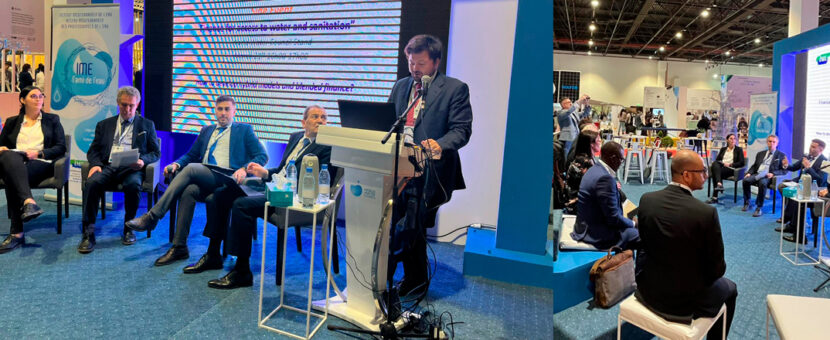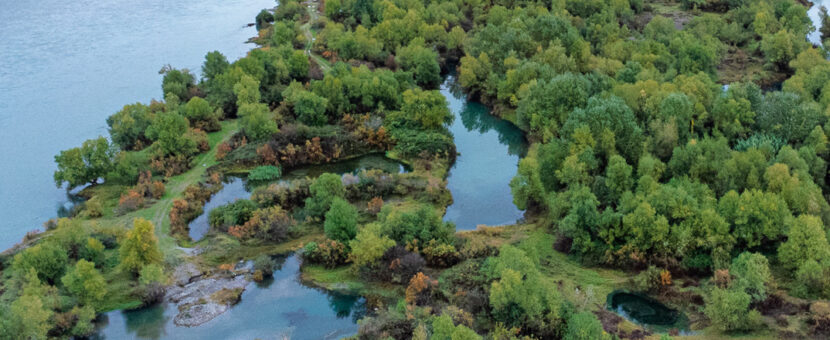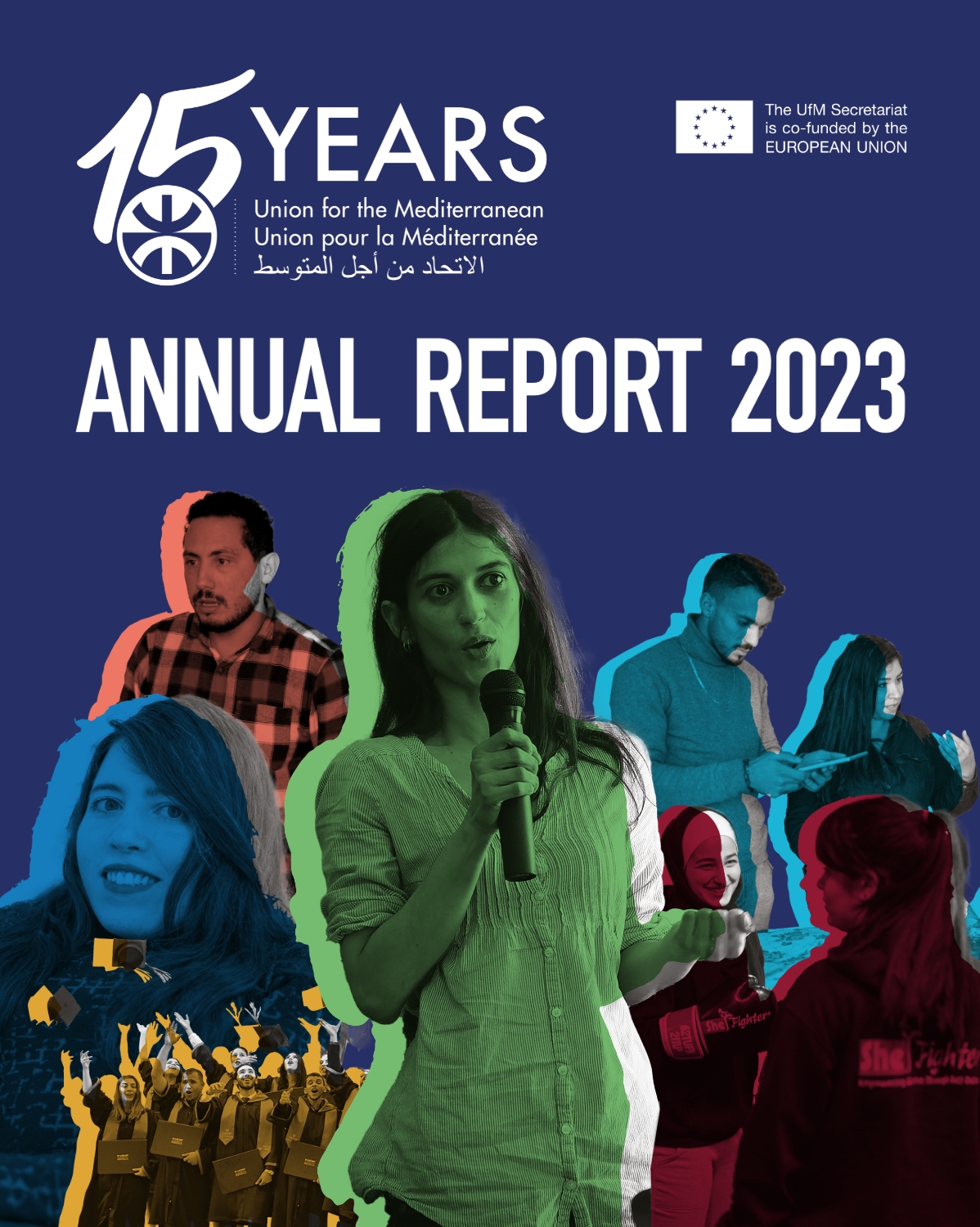24-25 January 2023, Athens. The Plan of Action for a Model Mediterranean Sea by 2030 (PAMEx) held its first Steering Committee meeting on 24-25 January 2023 in Athens, Greece with the participation of UfM Deputy Secretary General in charge of Water, Environment and Blue Economy, Almotaz Abadi and UfM Senior Expert, Marie-Claire Boillot. In the meeting, partners followed up on the implementation of the 20 concrete actions that PAMEx encompasses, including governance matters and the functioning of the Local Investment Finance Facility (PLIFF) —the innovative financial mechanism created to underpin the implementation of PAMEx—. The Steering Committee meeting also reviewed… read more
EU-UfM High Level Conference on strengthening water finance and investment policies under climate change takes place in Cairo (Egypt) as a prelude to COP-27. The EU and the Union for the Mediterranean are committed to supporting UfM countries in developing and strengthening their water investment and finance policies. There is a need to act on exploring, advancing and implementing the means of leveraging finances, developing and transferring technology and building capacities on national and regional levels. Cairo, 17 October 2022 – As water is the sector most heavily hit by climate change in the Mediterranean region, governments need to address some… read more
19 September 2022 – The UfM Water Task Forces, Water Access, Sanitation & Hygiene (WASH), and Water Climate Change Actions (WCCA), took place during the IME’s Regional Symposium “Our Mediterranean: water challenges and regional priorities for 2050” on 19-20 September 2022 under a hybrid format from Valencia, Spain. Bringing together country representatives and regional stakeholders of the UfM region. Both meetings came as a result of the continuous endeavours of the UfM towards its Member states to help them bringing about decisive actions to meet their environmental challenges and tackle climate change in the Mediterranean. Moreover, they came following the UfM member states ‘request… read more
27-28 June 2022, Lisbon The UfM Secretary General Nasser Kamel attended the UN Ocean Summit where he showcased the work of the Union for the Mediterranean on the protection of the Mediterranean Sea and environment. The Ocean Conference, co-hosted by the Governments of Kenya and Portugal, comes at a critical time as the world is seeking to address many of the deep-rooted problems of our societies laid bare by the COVID-19 pandemic and which will require major structural transformations and common shared solutions that are anchored in the SDGs. The SG took the opportunity to meet with the recently appointed Minister of… read more
22 June, 9:00 – 18:00h, World Trade Center, Barcelona – The UfM Blue Finance Conference took place on the 22nd of June, 2022, at World Trade Center in Barcelona. The goal of the Conference was to encourage investments in- and funding of- Sustainable Blue Economy projects and initiatives in the Mediterranean region, especially in the Southern countries. We brought together financial institutions, banks (multilateral and national), private investors and UfM country and industry representatives to exchange information on funding, discuss criteria and viability of projects/initiatives and the enablers and conditions, which may help attract investments. The Conference was structured around two main… read more
World Environment Day 2022: tackling the transition to sustainable blue economy in the Mediterranean
5 June 2022. The World Environment Day 2022 calls for transformative changes in policies, including ensuring that maritime activities are sustainable, innovative and job-creation oriented. In order to tackle blue economy challenges, the UfM and the European Commission Directorate-General for Maritime Affairs and Fisheries (DG Mare) are organising the UfM Blue Finance Conference on 22 June in Barcelona, bringing together financial institutions, banks, private investors as well as key representatives of the UfM countries. “The ocean economy is expected to double to $3 trillion by 2030, employing 40 million people, as compared to 2010” highlights the UfM Secretary General Nasser Kamel…. read more
6 April 2022 – This multi-episode documentary, Mediterranean, Odyssey for Life, directed by Frédéric Fougea and narrated by Camélia Jordana and Guillaume Néry, will show the beauty of our shared sea through breathtaking footage and give a message of hope. The Union for the Mediterranean (UfM) has been working on environmental and climate issues for many years and, as such, is very proud to have participated in this documentary, featuring an interview with the Secretary General. As an organisation working on regional cooperation, the goal is to raise awareness and build consensus among its Member States on how to respond to… read more
22 – 27 March. Access to water is a major challenge for the 21st century. Shortages, poor water quality or lack of sanitation facilities have a negative impact on food security, health, gender equality and the living conditions of the poor. The problems are numerous and complex: millions of people in the Mediterranean still lack access to safe drinking water and adequate sanitation; there is an increasing competition between different water users and uses; and significant investments are needed to maintain and improve water infrastructure. The economic, financial and governance aspects of water resources management are usually at the heart of… read more
Groundwater resources are the main source of the water supply in many Mediterranean countries and are subjected to pressures resulting from unequal distribution, accessibility, and quality issues. Groundwater-intensive exploitation contributed to the decrease, deterioration, and disappearance of over 50% of wetlands during the past century. Wetlands’ ecosystem services are among the most productive habitats in the world. They can be considered as “biological supermarkets”, since they provide great volumes of food for many species, including humans. Yet, wetlands cover only between 1.7% to 2.4% of the total area of the Mediterranean coast. With a view to protecting Mediterranean wetlands, the… read more
In the Mediterranean region, there are over 80 million hectares of degraded land. More than 400,000 hectares of forests are burned each year and at least 16% of animal and plant species in Mediterranean forests are at risk of extinction due to environmental threats such as forest fires driven by climate change. Effective planning, implementation, and monitoring of large-scale programmes such as Forest Preservation and Landscape Restoration (FLR) are critical to achieving climate and restoration goals in the Mediterranean region. The Union for the Mediterranean (UfM) and the Food Agriculture Organisation of the United Nations (FAO) support a project to… read more

